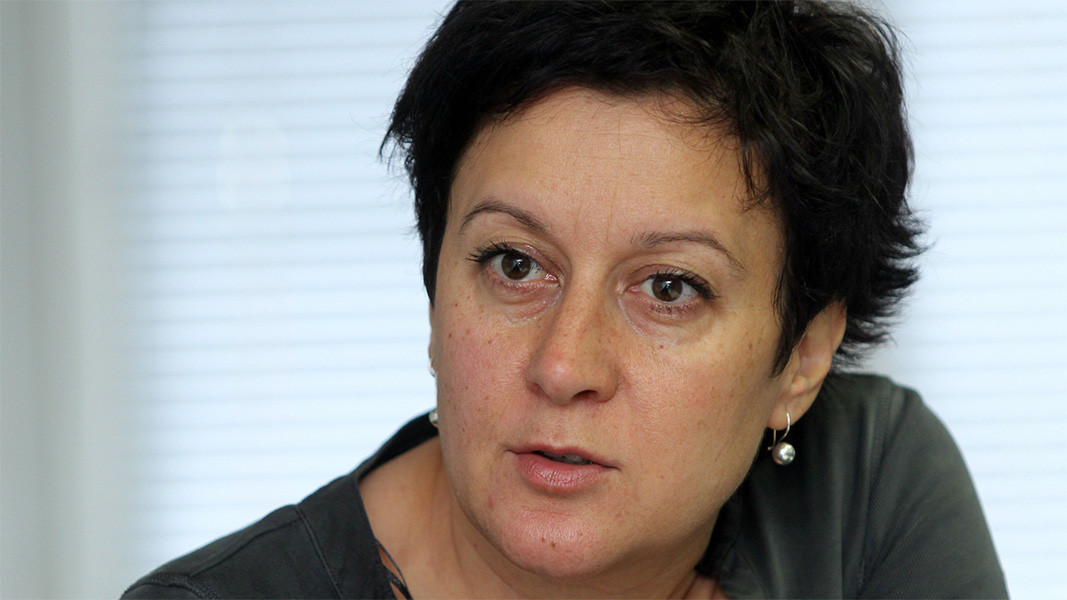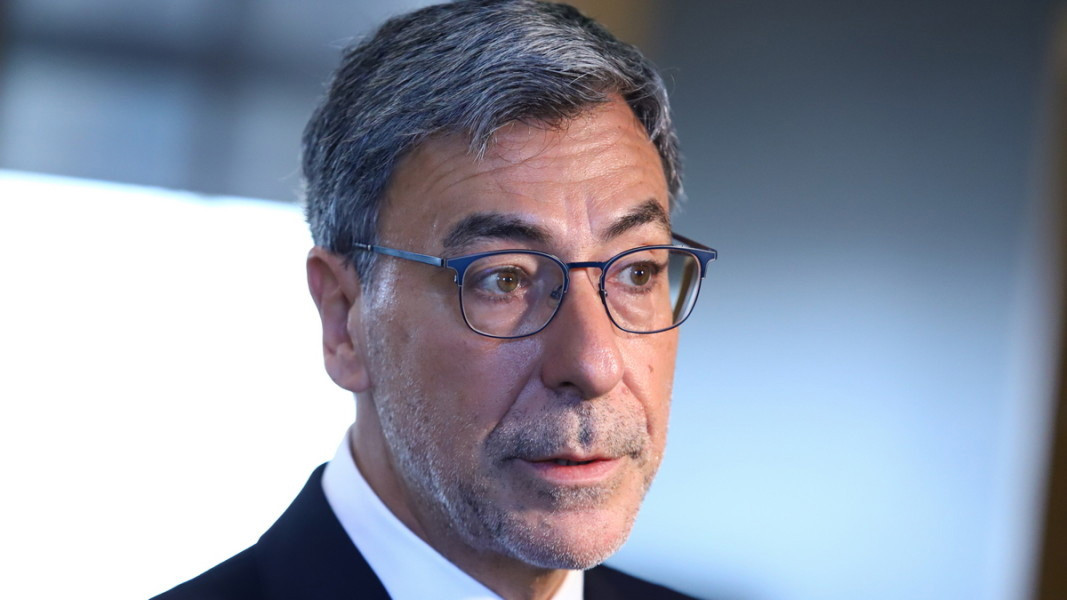The past week offered us another dose of instability both in terms of weather and the political atmosphere in Bulgaria. At the backdrop of heavy rains, flooded villages and human powerlessness in the face of natural disaster, a wave of attacks and mistrust broke out between the first two parliamentary forces that formed a government with the promise they would lead the country through the crises and make the necessary changes in the judicial system.
Tensions erupted after GERB leader Boyko Borissov said that the parties of change sought to rule the country alone. Co-chairman of "We Continue the Change" (PP) Kiril Petkov threatened that the MPs from the PP-Democratic Bulgaria coalition would no longer enter the plenary hall, if attempts to violate the agreements reached between them and GERB-SDS continued. After a meeting of their parliamentary group, Kiril Petkov invited the leader of GERB to sign a mechanism for guaranteeing the reform program of the cabinet with seven conditions - a common board for the appointment of regulators, compliance with the already approved common legislative program, preparation of a road map for the judicial and constitutional reform, reform in the security services, a law on the anti-corruption commission, a revised election code and a common position on the legality of the referendum of Vazrazhdane regarding the adoption of the euro in this country. At this stage, however, a leadership meeting between the two political formations has not taken place.

"The most serious guarantee for the fulfillment of these commitments is the political will that we demonstrate not so much through words, but through actions, MP of PP-DB, Antoaneta Tsoneva, said in an interview with the BNR. “Only actions would show that the commitments which this administration was built on can lead to the reforms for which this cabinet was formed. Otherwise, it would lose its reforming essence and the meaning of its existence."
As a matter of fact, GERB leader Boyko Borissov declared his readiness to sign the declaration if it was in the form of a coalition agreement. However, this has not happened yet.
"No matter how we call it, the new administration is a coalition," the Dean of the Faculty of Law at Sofia University, Prof. Daniel Valchev said. According to him, the problems and consequences stem from the fact that they are ashamed to admit it, because politicians have not explained this to their voters and will hardly bear the responsibility for such a move:

"The PP was created in the name of removing Borissov, GERB and their model of governing. They are now embarrassed that they will have to say: 'People, you voted for us to remove Borissov and now we have to rule together with him’. This inconvenience is understandable, but this would be the honest position,” the former minister of education says. “The opposite creates very big problems. We can call it what we want, but this is a coalition. In a coalition, relationships are relatively complicated. That's why it's right to have a document where everything is described. One side has been running away from such a thing and that's why we're in this situation."
The government were also criticized by President Rumen Radev because of the statement made by Minister of Defense Todor Tagarev that Bulgaria will continue to support Ukraine not only with armaments, but also with training of combat medics and paramedics who will provide aid to the injured. The government's decision to have the Bulgarian delegation to the NATO Summit on July 11-12 in Vilnius be led by Prime Minister Nikolai Denkov and not by the president, who is the supreme commander of Bulgaria’s armed forces, was also criticized. According to Radev - "the course of the new government is to push Bulgaria closer to war".
Despite the cracks, the cabinet is holding firm for the time being and it is too early to talk about a situation that would require new elections, professor at the University of Veliko Tarnovo, Todor Galunov, says.

"The potential conflict will come before the local elections, as the question of candidacies for mayors will be raised. The governing coalition will have to decide what to do. The PP have no choice, they must continue to comply with the will of GERB. If it comes to early elections, they are not in a good position".
Whether the degree of political tension will continue to rise or whether we are in for a period of more stable political situation remains yet to be seen.
Compiled by: Yoan Kolev
English: Al. MarkovPhotos: BGNES, Facebook/Todor Galunov
Bulgaria’s National Assembly rejected President Rumen Radev’s veto on the amendments that expand the powers of the special commercial administrator of Lukoil, reported BNR’s correspondent Maria Fileva. The MPs from the ruling majority, supported by..
President Rumen Radev has vetoed the legislative amendments related to the appointment of a special commercial administrator in the Lukoil refinery in Burgas. The head of state said that the amendments undermine the legal order in..
Convulsions Before Multipolarity — a Time When Illusions Are Sacred and Truth Is Heresy is the title of a new book that will be officially presented in early November in Sofia. It explores the agony of a unipolar world, an era of geopolitical..

+359 2 9336 661
